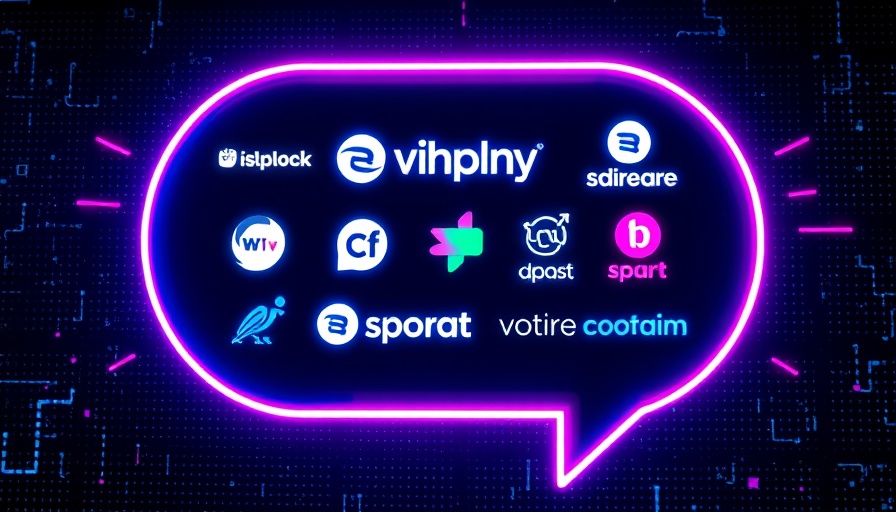
The Future of Work in an AI-Driven World
The relentless march of artificial intelligence (AI) is reshaping industries, prompting government leaders worldwide to rethink their workforce strategies. Recent research from the University of Georgia reveals that nearly half of today’s jobs may be at risk of disappearing over the next two decades, raising alarms among professionals and policymakers alike. However, amid this uncertainty lies a silver lining: new career opportunities requiring advanced AI skills are on the rise, making the need for strategic workforce preparation more critical than ever.
Why Some Countries Excel in AI Workforce Preparation
The study evaluated national AI strategies across 50 countries, highlighting significant disparities in educational priorities and workforce training. Countries such as Germany and Spain are leading the charge by integrating AI-focused curricula into their education systems early on, thus preparing their students for a future where AI plays an integral role in daily life. In contrast, many nations, particularly in Europe, are lagging behind by overlooking critical soft skills—such as creativity and communication—that cannot be replicated by machines. These human-centered skills remain essential, as they will differentiate the workforce skilled in collaboration from AI.
Enhancing Skills for Future Success
Research suggests that about 65% of current elementary school students will enter jobs that do not yet exist, reinforcing the urgent need for educational systems to adapt. While many countries display high priorities for AI training, only 13 nations reported a robust commitment to improving both current workforce skills and educational practices. This raises a significant question: what can the U.S. glean from these success stories to bolster its own strategies?
Preparing for an Uncertain Job Landscape
As the landscape of job markets shifts dramatically due to AI technologies, understanding these global strategies can provide actionable insights for countries lagging in their approach. With a clear emphasis on AI education and workforce training policies, nations can equip their populations not just to survive, but to thrive in a tech-driven era. Lehong Shi of UGA asserts that enhancing AI competencies is crucial for maintaining a competitive edge in the global economy.
Taking Action: What You Can Do
For professionals in tech hubs like Silicon Valley and Berlin, this evolving landscape presents both challenges and opportunities. Embracing continuous education and investing in trainings to upskill in AI-related fields will not only enhance individual careers but also contribute significantly to broader societal advancements. The future of work is undeniably intertwined with AI technology trends, and being proactive about personal skill development can make all the difference.
 Add Row
Add Row  Add
Add 




Write A Comment